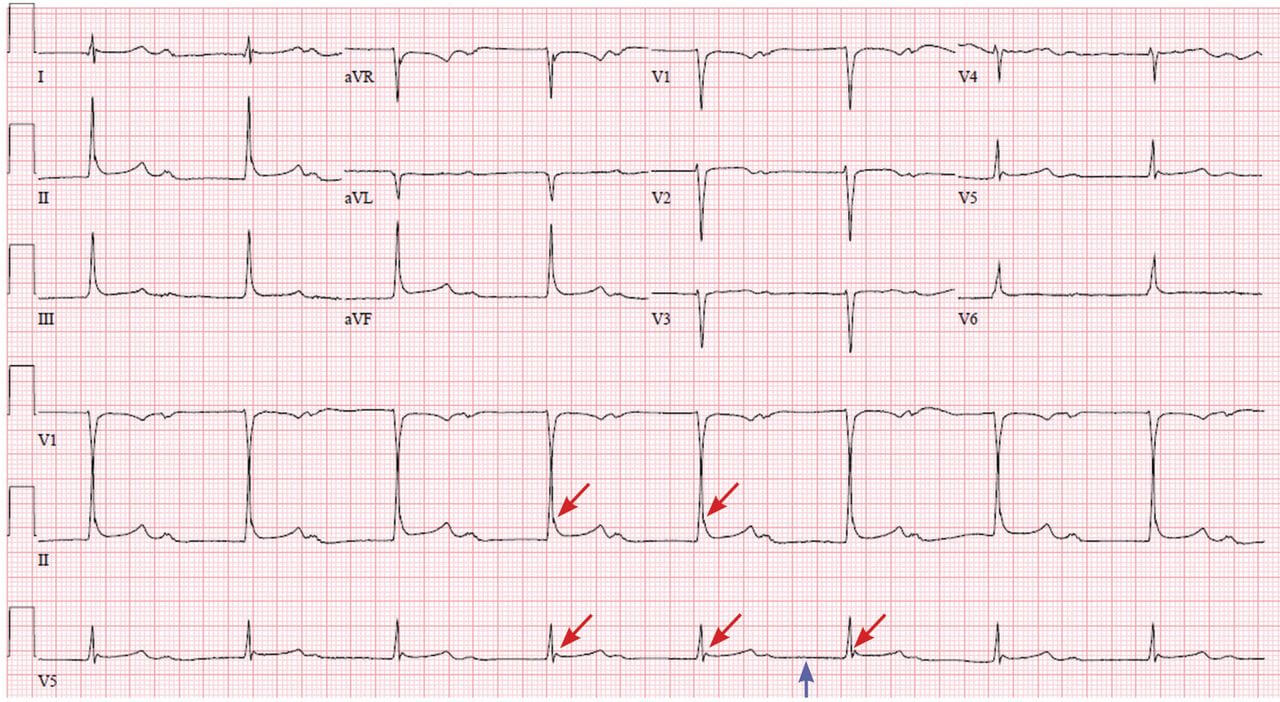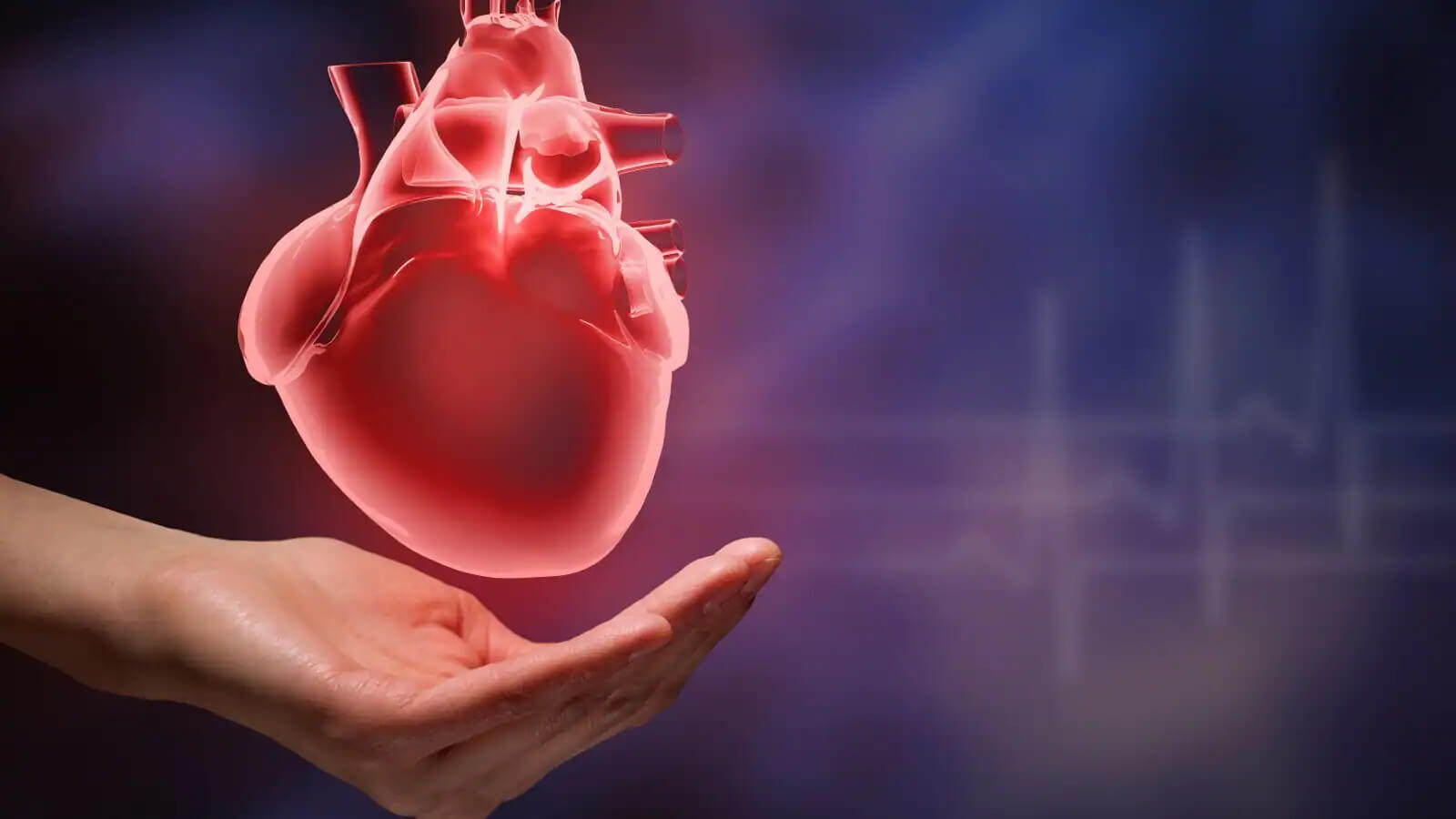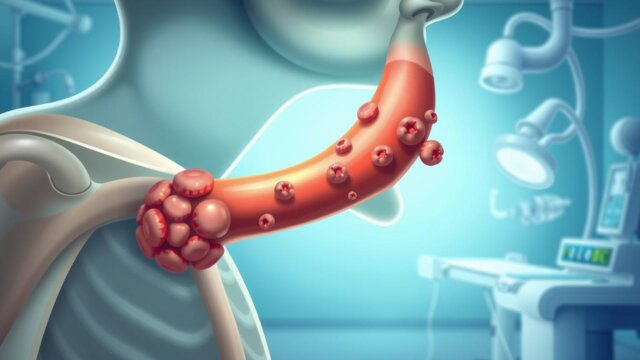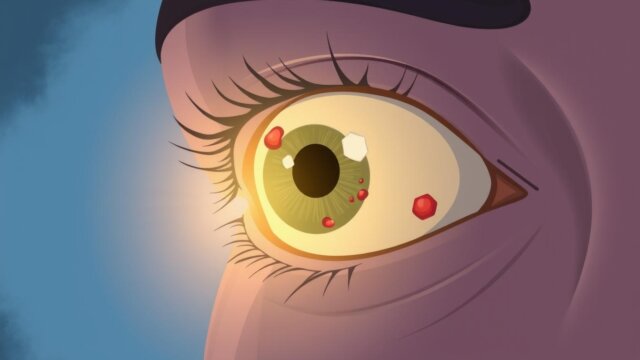FTC disclaimer: This post may contains affiliate links and we will be compensated if you click on a link and make a purchase.
When the electrical impulses that control the heart’s rhythm are disrupted, it can cause a heart block. There are different types of heart blocks, and the severity can range from mild to life-threatening.
The most common type of heart block is a first-degree heart block. This is a mild heart block where the electrical impulses are only partially blocked.
A first-degree heart block usually doesn’t cause any symptoms and doesn’t require any treatment. However, it’s important to get checked out by a doctor if you experience any symptoms, such as shortness of breath or chest pain.
First-degree heart block is the least serious kind of atrioventricular block that may go unnoticed in healthy individuals. More than 16% of the people above 90 years suffer from it. It is also referred to as a First-degree atrioventricular (AV) block.
It is not uncommon to find a significant percentage of the young adult population living healthily with the condition. Compared to the heart block of the first degree, the second and third-degree heart blocks require more attention.
However, it is essential to know about the first-degree heart block and check the condition so that it doesn’t transform into adverse forms. Please have a look at some critical aspects related to it.
First Degree Heart Block: In Layman Language
In simple language, first-degree heart block refers to the slow down of heartbeat rate.
First-degree heart block is a heart block in which the electrical impulses that control the heartbeat are slowed.
This can cause the heart to beat too slowly, leading to symptoms such as shortness of breath and lightheadedness. First-degree heart block is typically treated with medication, but sometimes, a pacemaker may be necessary.
The condition is harmless because no heartbeat is missed or skipped. Further slowing down of the heart rate may need attention, especially if the heart starts skipping beats per minute.
First Degree Heart Block: In Connection with Cardiac Conduction System
The condition’s underlying cause is connected to the cardiac conduction system, responsible for making the heartbeat.
The sinoatrial (SA) node of the system generates electrical impulses that are further relayed by the atrioventricular (AV) node. These impulses are responsible for the contraction of atrium chambers at first and of ventricle chambers later.
The delay of electrical signals from the AV node to reach the ventricle chambers indicates the condition of first-degree heart block.

First Degree Heart Block: What It Means Diagnostically
Heart block of any degree can be diagnosed with the help of an electrocardiography (ECG) test. The output of the heart’s activities is recorded on a paper in the form of the following three waves:
P wave: It represents the conduction of the electrical impulses produced by the SA node throughout the two atrium chambers.
QRS Complex: It represents the conduction of the electrical impulses relayed by the AV node throughout the two ventricle chambers.
T wave: It represents the recovery of the chambers after contraction caused by the electrical impulses.
PR interval is another important term, and it defines the time interval from the onset of the P wave to the onset of the QRS complex.
A normally functioning heart should have the value of PR interval between 120-200 microseconds. The first-degree heart block occurs when the PR interval exceeds the value of 200 microseconds.
First Degree Heart Block: Main Causes
Several causes may result in the first-degree heart block:
- Diseases of AV node
- Heart muscle inflammation (myocarditis)
- Damage caused by heart attack
- Training exercises that cause increased vagal tone among athletes
- Drugs and medications like calcium channel blockers, cholinesterase inhibitors, cardiac glycosides, and beta-blockers
- Electrolyte imbalance
First Degree Heart Block: Symptoms and Diagnoses
No symptoms are experienced by individuals suffering from first-degree heart block. As a result, the condition is usually not diagnosed purposely.
A patient may accidentally get diagnosed with the condition while getting treated for another condition.
First Degree Heart Block: Risk factors
First-degree heart block occurs when the electrical signals passing through the heart are slowed down but still pass through normally.
First-degree heart block is not considered a serious condition and does not require treatment. However, some risk factors can increase your chances of developing first-degree heart block.
Some of the most common risk factors for first-degree heart block include:
First-degree heart block is more common in older adults. However, even young adults can be affected. The risk is higher in people over the age of 60.
A family history of heart block, especially first-degree heart block, can also increase your chances of developing heart block.
First Degree Heart Block: Treatment and Further Care
The most recommended treatment of first-degree heart block is to eliminate its cause. For example, the patient is asked to stop the medications responsible for the condition.
The medical experts prescribe medications to treat the causes like myocarditis, electrolyte imbalance, and AV node diseases.
Further care to ensure that the heart block doesn’t take a severe form includes a healthy diet, regular exercise, and giving away habits like smoking and alcoholism.
Getting the heart’s activity diagnosed regularly should also be considered to keep a check on first-degree heart block.
Conclusion
If you experience chest pain, shortness of breath, or lightheadedness after exertion, you may have a first-degree heart block.
However, the condition is not considered serious and should not keep you from doing Activities of Daily Living (ADLs). If left untreated, a first-degree heart block can progress to a second-degree heart block.








